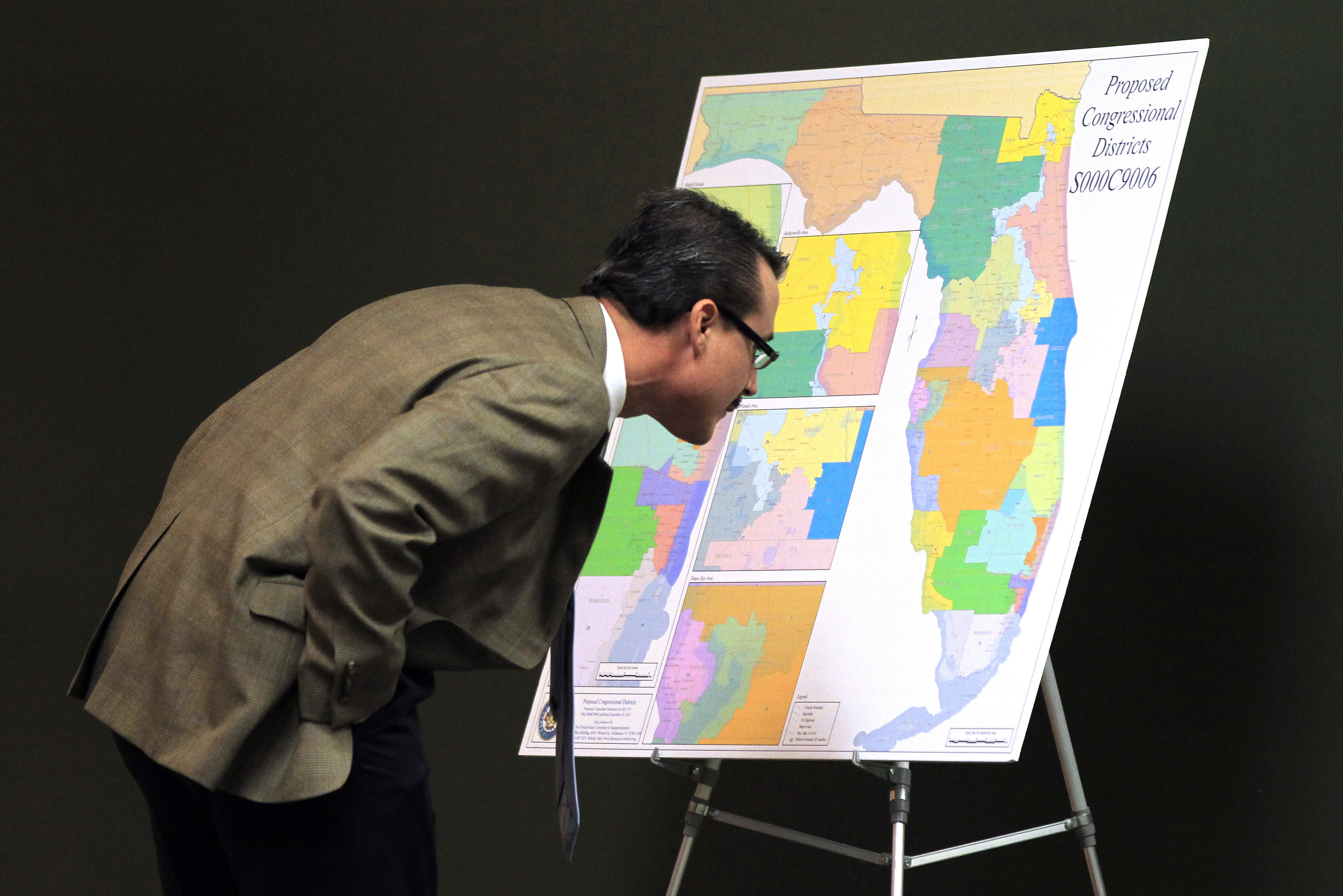Equitable Work Authorizations are Needed for Asylum Applicants
By Maria Rivera-Diaz
Executive Summary:
The purpose of this memorandum is to brief you on the plight of asylum applicants in their efforts to obtain work authorization and to suggest legislation that could help. While waiting in the United States for adjudication of their applications, asylum applicants face significant hurdles in obtaining work authorization. Without being able to work legitimately, applicants end up in impoverished conditions and working for exploitative employers. The ACLU, with its vast network of contacts and lobbyists and its financial resources, should work with specific Democratic Members of Congress to form a coalition to help advance legislation through Congress.Â
Background:
Asylum applicants face many obstacles in obtaining employment authorization. Currently, they must wait 365 days after filing their applications before even applying for employment authorization, and U.S. Citizenship and Immigration Services (USCIS) has an indeterminate period of time to process the employment authorization.1 If an asylum applicant can get through the inordinate timing delays, they then face denial for a large array of reasons, including things as benign as rescheduling an asylum interview – even for good cause.2 Other reasons – for example, if there are “serious reasons†to believe that an applicant has committed a “serious non-political crime†outside the United States – are vague and give USCIS vast discretion.3 The inability to work leaves many asylum applicants in precarious situations, unable to support themselves or their families.4 For many, their only choice is to become part of the undocumented workforce, where they are exploited by employers who know that many of them will be scared to assert their rights.5 Without employment authorization, they are also unable to obtain health insurance or a social security number or identification card.6 This limits their ability to access basic things such as banking and transportation services.7
In June of 2020, several immigrants’ rights groups filed a lawsuit challenging DHS’s implementation of new regulations in August which increased the number and significance of the hurdles asylum applicants have to overcome to obtain work authorization.8 The court issued a preliminary injunction on several parts of the new regulations, but the injunction applies only to members of the plaintiff immigrant rights’ groups. With other issues in the spotlight, work authorization for immigrants has gotten short shrift in the media and is not a prominent policy issue. It is up to the ACLU to continue the fight that this lawsuit began.
Policy Goal and Recommendation:
The ACLU is a strong defender of many aspects of immigrants’ rights, including the right to work.9 The ACLU’s policy goal with respect to immigrants in the workplace is to combat an environment in which immigrant workers are exploited and to allow them to earn a basic living while in the United States. The easiest way to ensure that this goal is met is to make the process for obtaining work authorization easier. Therefore, I recommend that the ACLU work with Democratic congresspeople with a history of strong support for immigrants’ rights, such as Representatives Nydia Velazquez and Alexandria Ocasio-Cortez, to introduce legislation that requires DHS to overhaul the process for obtaining work authorization. The legislation should, among other things, (1) eliminate any post-asylum filing waiting period, (2) roll back ambiguous criminal bars to work permit eligibility, and (3) eliminate an applicant’s first amendment to an asylum application from the definition of “applicant-caused delay.†The ACLU is a prominent organization with significant funds, a vast network of lobbyists, and many political contacts and can easily mobilize these resources to contact legislators and other interest groups who can make this legislation a reality.10
Stakeholders:
Congressional Democrats that are not up for reelection or are in strong Democratic districts or states will be key in fighting for this legislation because of their low level of concern for reelection and/or because the voters in their districts will likely be in favor of immigrants’ rights. Democrats in traditionally Republican districts or states will support immigrants’ rights but will likely not want to advocate for a bill that they perceive as too “extreme†for fear of alienating voters. Because the support of these Democrats is desperately needed, the ACLU and the coalition it forms should be flexible and prepared to modify the proposed legislation. The ACLU will also need to garner the support of immigrants’ rights groups such as the Council for Global Immigration and the National Immigration Forum11 who have financial capital and lobbyists that can dedicate time to eliciting the support of conservatives, which the ACLU will desperately need. Asylum applicants themselves are obvious stakeholders; however, because of their marginalized position in society, they do not have the resources to directly advance this legislation.
The ACLU will encounter staunch opposition. Congressional Republicans have significant power in the Senate, where they hold a majority. Those in traditionally “red†states will strongly oppose the legislation. Therefore, the ACLU should ensure that its coalition focuses its efforts on those Congressional Republicans that are up for reelection in districts that are traditionally Democratic and/or that have a significant number of Hispanic and Latinx voters. At least some will need to be swayed to pass the legislation. Less obvious stakeholders include the construction and agribusiness industries, who are opposed to laws that increase the documented workforce due to decreased profitability.12 They will use their financial capital and lobbyists to oppose this legislation, as they have done in the past.13 Finally, President Donald Trump, with his traditionally anti-immigrant stances, will likely be fervently opposed to this legislation. He has veto power and has support from groups that are opposed to immigrants’ rights, so if the ACLU’s coalition can get its legislation through Congress, avoiding veto may be a difficult hurdle.
Author

Maria Rivera-Diaz is an attorney from Atlanta, Georgia now living in Brooklyn. Her main area of practice includes Mergers & Acquisitions and other business transactions. Maria also dedicates a significant amount of time to pro bono work, particularly in the immigration space. When not working, she enjoys composing music and singing.
Citations
1 Asylum Application, Interview, and Employment Authorization for Applicants, 85 Fed. Reg. 38532 (August 25, 2020).
2 Ibid; Establishing Good Cause or Exceptional Circumstances. U.S. Citizenship and Immigration Services, www.uscis.gov/humanitarian/refugees-and-asylum/asylum/establishing-good-cause-or-exceptional-circumstances, 25 August 2020. Accessed 1 October 2020.
3 Asylum Application, Interview, and Employment Authorization for Applicants, 85 Fed. Reg. 38532 (August 25, 2020).
4 Meyer, Erin and Gichinga, Angela. “DHS Rules Effective August 2020 Will Push Asylum Seekers Further into Poverty and Marginalization.†Proskauer For Good, 22 July 2020, www.proskauerforgood.com/2020/07/dhs-rules-effective-august-2020-will-push-asylum-seekers-further-into-poverty-and-marginalization/. Accessed 2 October 2020.
5 Ibid.
6 Meyer, Erin and Gichinga, Angela. “DHS Rules Effective August 2020 Will Push Asylum Seekers Further into Poverty and Marginalization.†Proskauer For Good, 22 July 2020, www.proskauerforgood.com/2020/07/dhs-rules-effective-august-2020-will-push-asylum-seekers-further-into-poverty-and-marginalization/. Accessed 2 October 2020.
7 Kizuka, Kennji. “Callous and Calculated: Longer Work Authorization Bar Endangers Lives of Asylum Seekers and Their Families.†Human Rights First, 29 April 2019, https://www.humanrightsfirst.org/resource/callous-and-calculated-longer-work-authorization-bar-endangers-lives-asylum-seekers-and. Accessed 30 September 2020.
8 “Casa de Maryland, Inc. v. Wolf.†Constitutional Accountability Center, www.theusconstitution.org/litigation/casa-de-maryland-inc-v-chad-wolf/. Accessed 30 September 2020.
9 Kizuka, Kennji. “Callous and Calculated: Longer Work Authorization Bar Endangers Lives of Asylum Seekers and Their Families.†Human Rights First, 29 April 2019, www.humanrightsfirst.org/resource/callous-and-calculated-longer-work-authorization-bar-endangers-lives-asylum-seekers-and. Accessed 30 September 2020.
10 “ACLU Annual Report 2019.†ACLU, 2019, www.aclu.org/other/aclu-annual-report-2019. Accessed 30 September 2020.
11 West, Geoff. “Immigration.†The Center for Responsive Politics, OpenSecrets.org, July 2018, https://www.opensecrets.org/news/issues/immigration. Accessed 30 September 2020.
12 Ibid.
13 Ibid.




